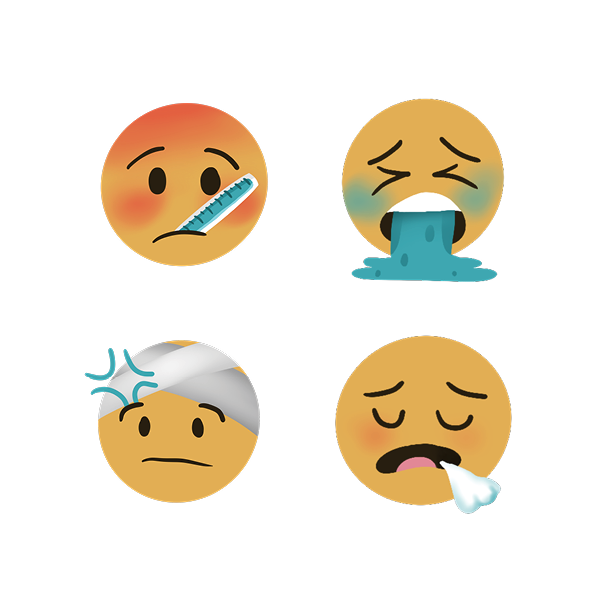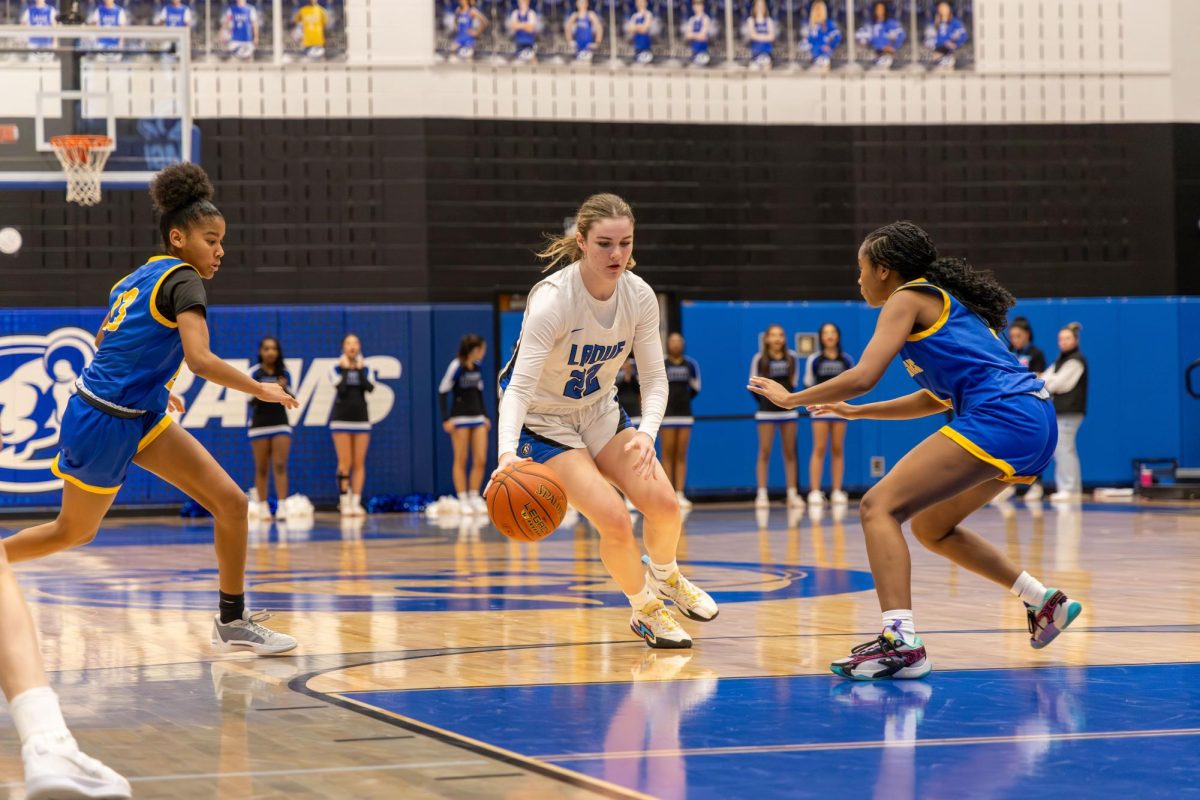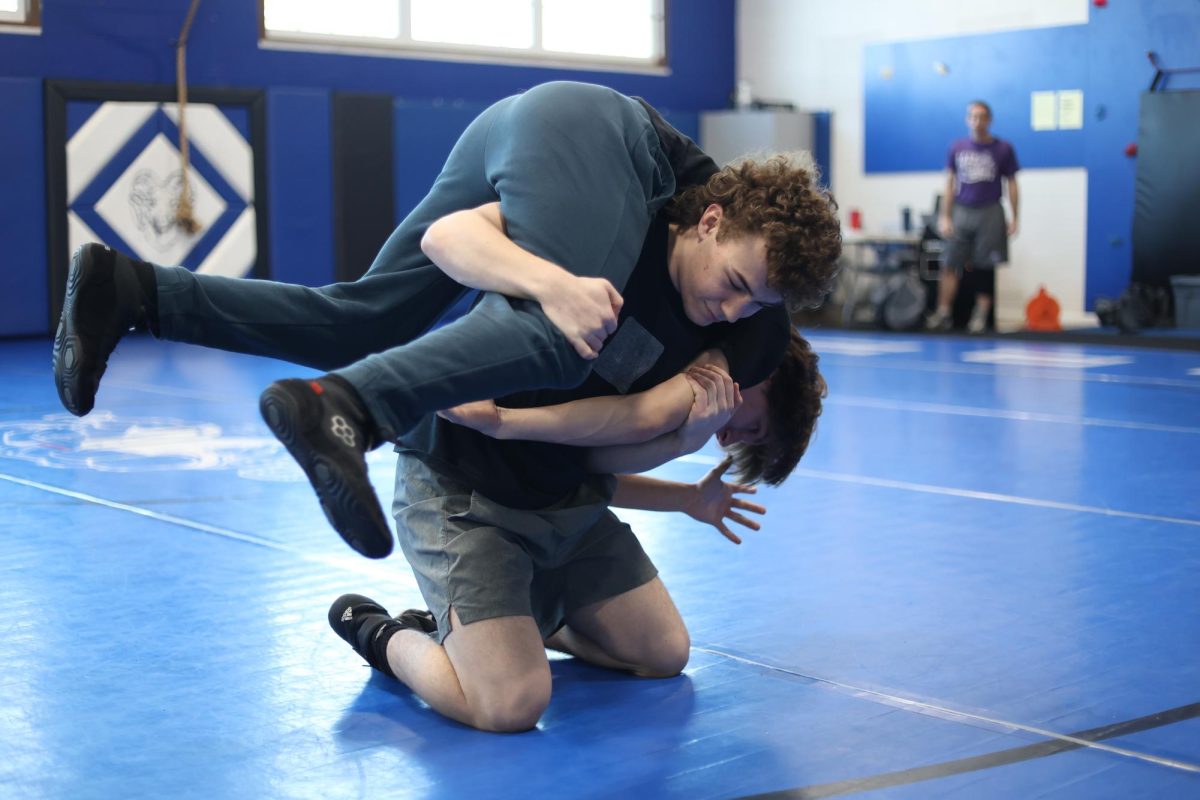With the increased importance of school work in high school, missing school due to illness can set you back a week or more. As a result, the quality of your school work, your stress levels and your overall mood can suffer.
On top of not giving yourself the rest you need to get better, going to school with a contagious disease can end up spreading illness to others. To ensure the health of others around you and the school as a whole, students need to stay home when they feel sick.
With COVID-19 seemingly in the rearview mirror, people have generally come to believe that sickness is not an issue anymore. While the burden of missing school may seem like the biggest issue that comes with sickness, there is much more to it
According to Infection Control Today, 70% of household transmissions of Covid-19 began in schools. The majority of students are often in contact with elderly people that are more susceptible to serious disease. According to the American Academy of Family Physicians, infectious diseases account for one third of all deaths in people 65 and older.
Ladue Nurse Nikki Harrison has dealt hands-on with disease and illness’ for a long time. With this experience, she has come to understand the risk associated with students coming to school with a contagious disease.
“[Students coming to school sick] are risking the health and safety of other students and staff,” Harrison said. “They’re also not being considerate of other people’s health, who may have immune deficiencies and could get very sick. Also, they’re just prolonging the amount of time to get better.”
To avoid the spread of diseases, health professionals have built guidelines to determine when students can come to school. Harrison is a strong and passionate believer in sticking to these guidelines.
“You can’t come to school until you haven’t had a fever in the last 24 hours 100 or higher,” Harrison said. “You can’t come to school until you haven’t vomited in the last 24 hours. And if you have a cough that’s disruptive, [then it needs to be checked out] before you come to school.”
While these guidelines and criteria are helpful when making a decision on when to come to school, Harrison understands how it’s not always that simple.
“There are definite criteria, but there’s also those gray areas where you don’t meet those criteria. It’s hard if everybody with a sniffle or anything is sent home,” Harrison said.
The most important thing is that students need to make the decision that they believe is the best for everybody.
“If you’re not feeling well, and you can’t perform at school, then it’s best to stay home,” said Harrison. “At the end of the day, it boils down to just using the guidelines with the exception of making sure to rule out Covid-19.”
Stay Home, Stay Healthy
Nurse Nikki Harrison outlines when to stay home when sick
0
More to Discover
About the Contributors

Ryan Snyder, Health and Sports Editor
Ryan Snyder is in his second year on staff and has taken a new position this year as the Health & Sports Co-Editor. While Ryan experiences his fair share of difficulties with design, his passion for writing is the root of his enjoyment of Panorama. Outside of Panorama, Ryan enjoys sports, music, and cooking food usually without starting a fire.

Olivia Chen, Art Editor in Chief
Senior Olivia Chen is the Art Editor in Chief and it is her third year on Panorama. She loves music and movies.





![Alexandra Tsygankov (12) runs on the track Nov. 18. She has run cross country for the last four years, since her freshman year. “It’s going to be the friendships and the person you grow [into] that’s gonna matter more than anything,” Tsygankov said.](https://laduepublications.com/wp-content/uploads/2024/12/Hsiao_20241118_PanoDecHealthSports_AlexTsy_001-1200x800.jpg)

